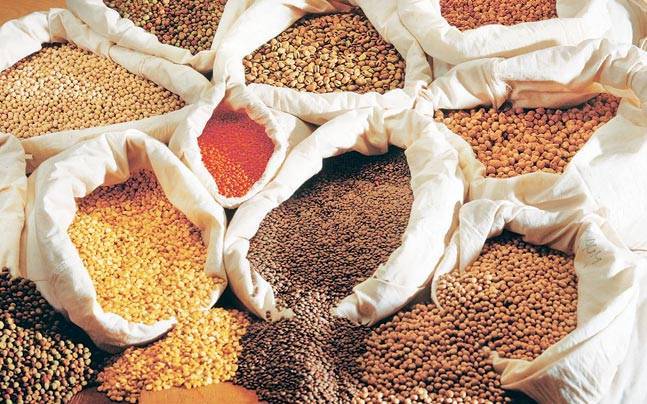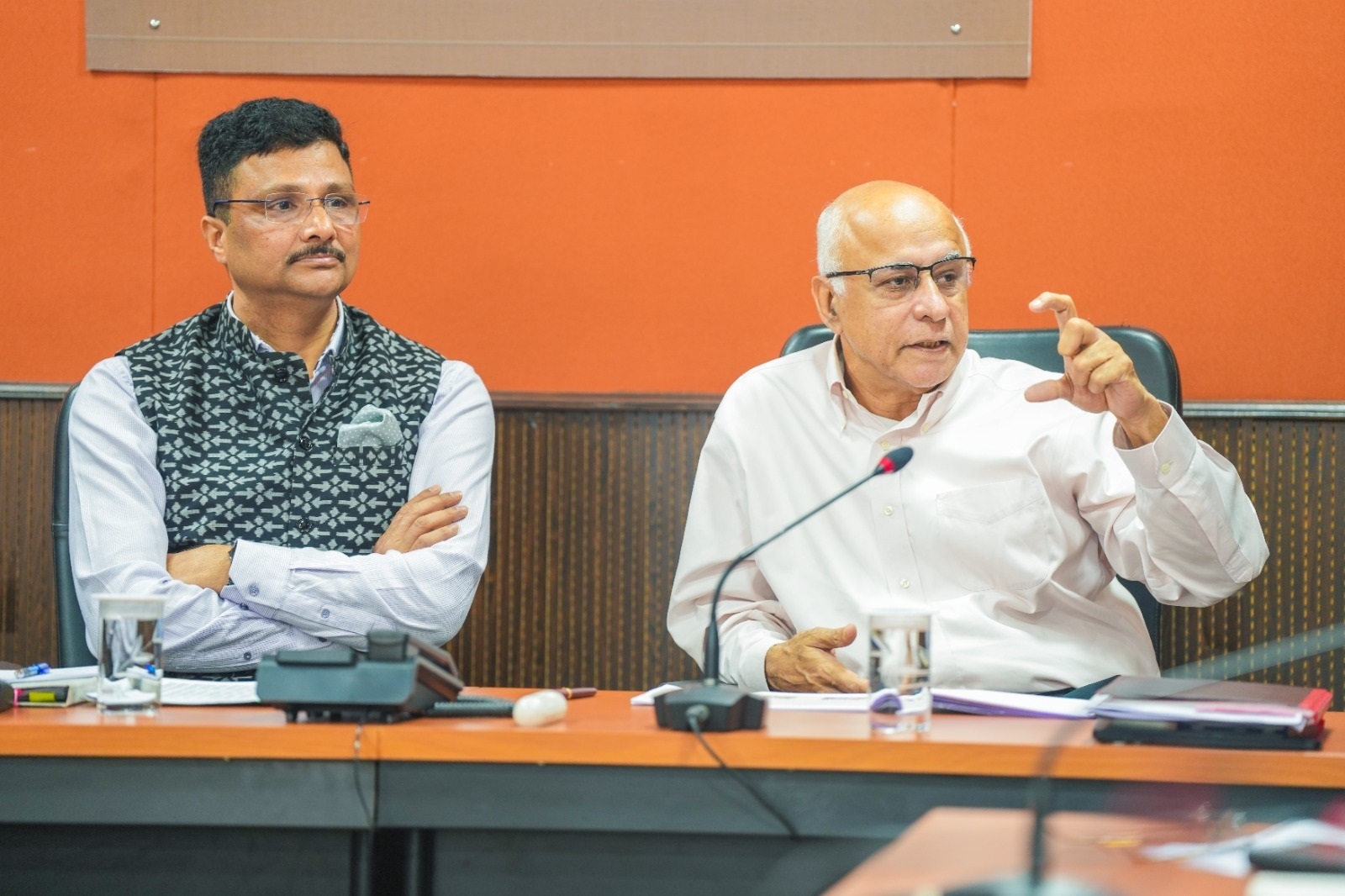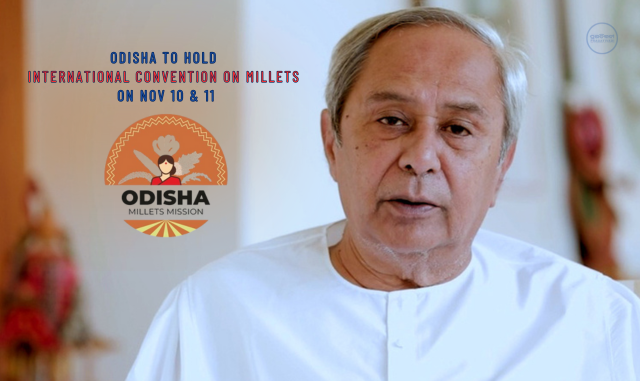Bhubaneswar: Although we have achieved food security adopting and advanced and productive agricultural system, nutrition security is yet to be attained. At this juncture, bringing ‘Forgotten Food’ back to our diet regimen is a wise solution, recommended the experts at the roundtable on “Forgotten food – future food and nutrition security” organised as part of the International Convention on Millets by the Department of Agriculture and Farmers’ Empowerment, Government of Odisha, at Janta Maidan.
Most of our forgotten foods are nutrient-rich, yet facing deprived agricultural practices. These include many forgotten crops, under-utilised fruits/vegetables, and recipes.
The aim of the session was to develop strategies to identify these forgotten foods and their mainstreaming. The session was chaired by Padmashri Sabarmati and co-chaired by G. Krishna Prasad with panellists such as Dr. P. Murugesan, ICAR-CTCRI, Dr. Oliver King, MSSRF, Dr.Paramananda Patel, SCSTRTI, Mr.Promod Pradhan, Swiss AID and custodian farmers Mr.Bhairab Saini and Mr.Sabar Dibaka. The session was attended by scientists, academicians, social activists, students and farmers from across the country.
The session initiated a discussion on community involvement and value addition of under-utilised tuber crops, local food security and forgotten foods, tribal food culture, consumption of resilient orphan crops and products for a wholesome healthy diet. Speaking on the occasion, Dr. P. Murugesan, ICAR-CTCRI said that the underutilised tubers are currently considered smart crops in Asia. He also gave a few examples of implementation of successful strategies by CTCRI in recent past. Dr. Oliver King, MSSRF, focussed on sustainable development goals towards zero hunger, good health and life on land. He said that MSSRF had conducted a farmer-perception survey, in which it was found that forgotten crops are still cultivated and consumed by native farmers. He also recommended the stakeholders for adopting a holistic value-chain development approach. Other speakers highlighted the rare food habits existing among tribal communities of Odisha which would help in identifying resilient orphan crops. Two custodian farmers from Odisha and West Bengal raised several concerns over choosing cultivars beyond landraces and application of pesticide and herbicide.
The session ended with an aim to develop a roadmap on reviving forgotten food and crops in Odisha through “Forgotten Food Revolution”.






